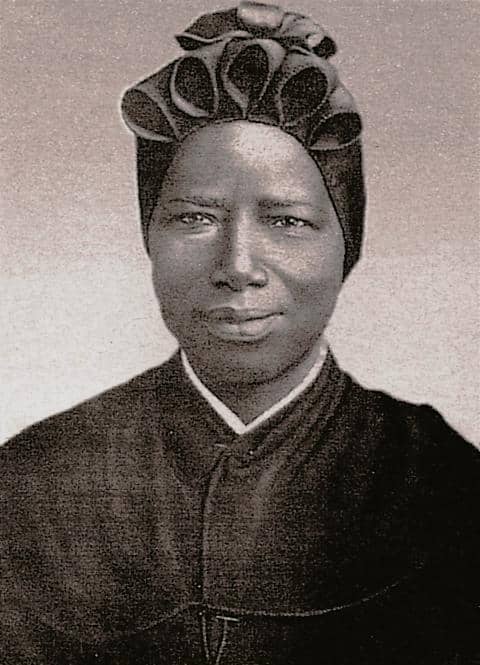One sign that a summit is viewed as crucial is when a tug-of-war breaks out to shape its agenda and outcome. By that standard, the looming Oct. 5-19 Synod of Bishops on the family appears a very big deal indeed.
In the run-up to the synod, we’ve already seen cardinals publicly jousting over the contentious issue of whether the Church ought to relax its ban on divorced and remarried Catholics receiving Communion.
Activists and rank-and-file believers alike have entered the fray on all manner of issues related to the family, with the latest to-do involving a cross-section of 48 mostly conservative intellectuals and ministers, including not just Catholics but also Protestant luminaries such as Rick Warren, urging the synod to hold the line in defense of traditional marriage.
Their open letter to the synod, sent to Rome through diplomatic channels in late September and also posted on the Internet, does not engage any of the hot-button issues expected to surface at the meeting, such as gay marriage or the communion ban for divorced and remarried believers.
The implied message, however, seems clear: Now is the wrong time to go soft.
Traditional Christian teachings on marriage, the signatories say, “represent true love, not ‘exclusion’ or ‘prejudice’ or any of the other charges brought against marriage today.” The letter is entitled, “Commitment to Marriage,” and the full text can be read here.
In addition to Warren, the line-up includes distinguished conservative Catholic intellectuals Robert George and Robert Royal; Harvard law professor Mary Ann Glendon, a former US ambassador to the Holy See and currently a member of the supervisory board for the Vatican bank; Marcello Pera, a former president of the Italian Senate who’s close to Pope Benedict XVI, and Rafael Navarro-Valls, a Spanish jurist and brother of former Vatican spokesman Joaquin Navarro-Valls.
The three-page letter was drafted by two American academics, one of whom, Thomas Farr, served as the first director of the US State Department’s Office of International Religious Freedom during the Bush administration. The other is Hillary Towers, a Washington, D.C.-based developmental psychologist and mother of five children.
The letter cites what it describes as a number of worrying trends in marriage around the world, including increases in cohabitation, divorce, and having children outside of wedlock.
“In the United States, the marriage rate is the lowest ever recorded, unmarried cohabitation is rapidly becoming an acceptable alternative to marriage, and more than half of births to women under 30 years of age now occur outside marriage,” it says.
Among other things, the letter argues that those trends are associated with increases in poverty, lower levels of education attainment, and poorer physical and psychological health, especially among women and children.
The letter also warns of an increasingly negative impact of pornography, saying studies show it to be a major contributor to the breakdown of marriages.
To resist these trends, the letter’s major proposal is creating networks of married couples who can act as mentors and role models.
“Perhaps the boldest way we can evangelize married couples … is to build small communities of married couples who would support each other unconditionally in their vocations to married life,” it says.
At the level of detail, the letter recommends encouraging priests to talk about marriage in their homilies, creating small clusters of married couples at the parish level for mutual support, and asking bishops to solicit prayers for “strong, faithful marriages” at Sunday Mass.
Politically, the letter asks bishops to oppose any change in marriage laws that “would further weaken the institution,” defined as “a conjugal union of one man and one woman.”
It also calls for defending religious freedom by fighting what it describes as trends in divorce courts to ignore the religious convictions of a spouse who “seeks to save a marriage, keep the children in a religious school, or prevent an abandoning spouse from exposing the children to an unmarried sexual partner.”
Overall, the thrust of the letter appears to be to suggest the synod’s time would be better spent considering how to support couples striving to live church teaching on marriage, rather than debating amendments to that teaching.
It remains to be seen how much impact the letter may have in shaping conversation at the synod, but it’s another confirmation of how high many observers believe the stakes to be.











